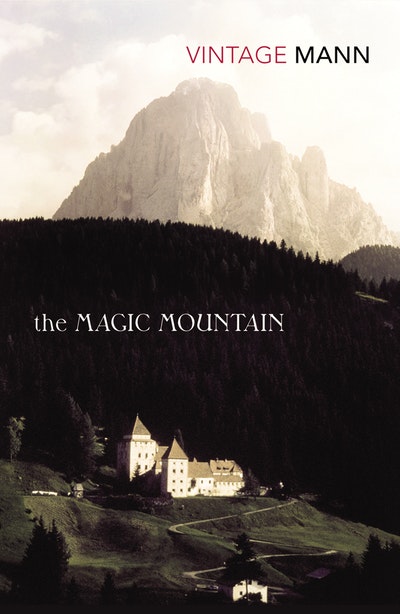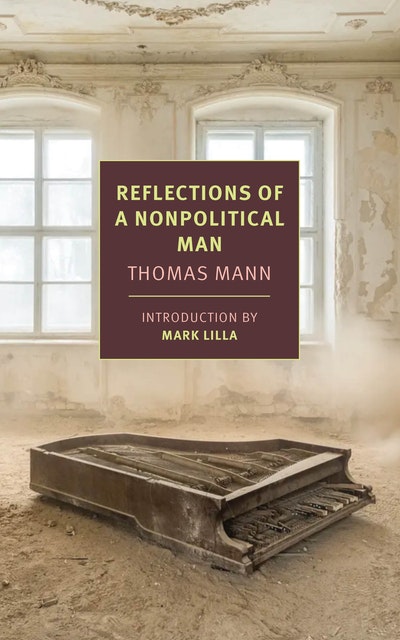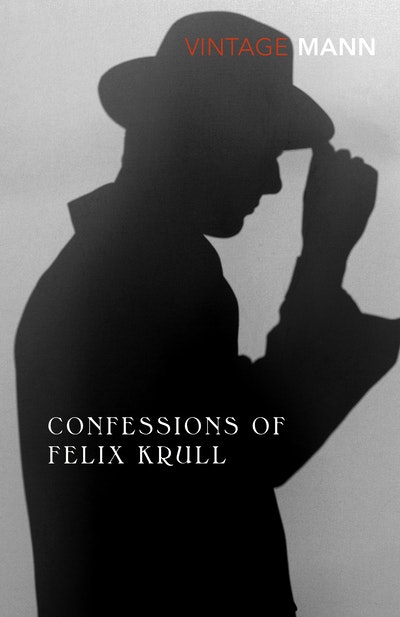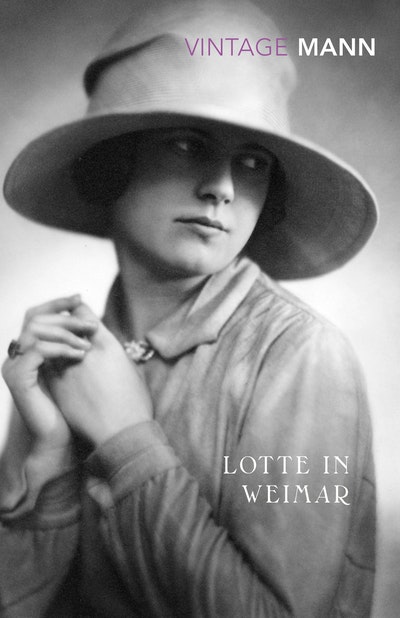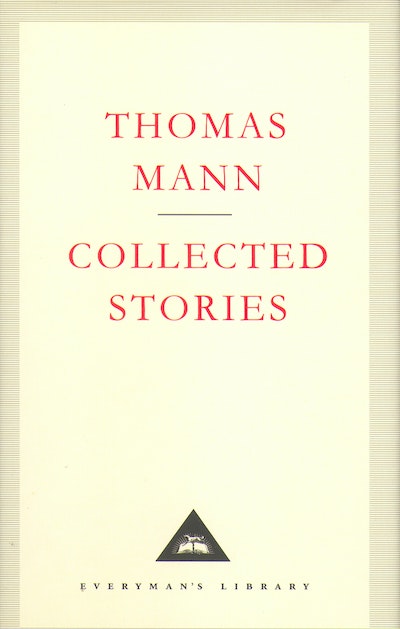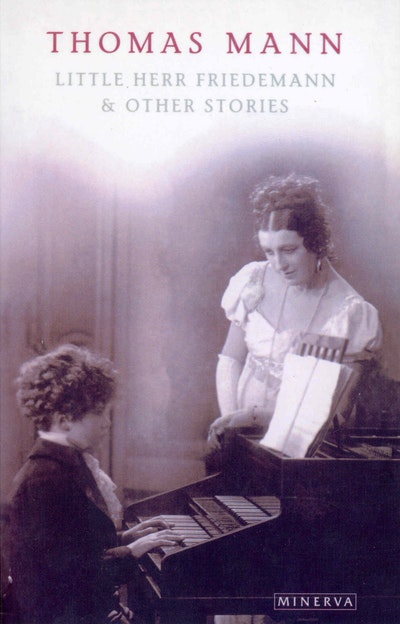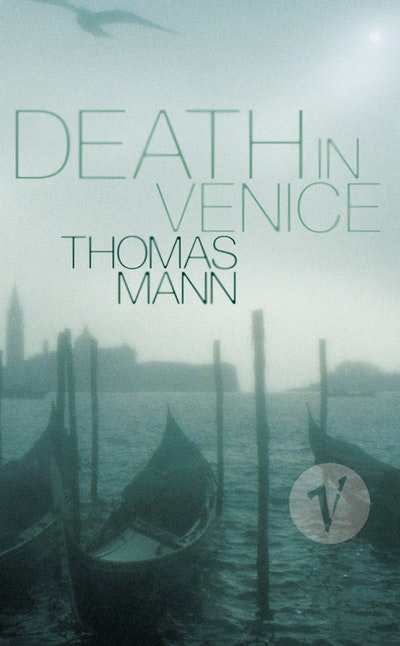- Published: 1 October 1996
- ISBN: 9780749386429
- Imprint: Vintage Classics
- Format: Paperback
- Pages: 752
- RRP: $22.99
The Magic Mountain
- Published: 1 October 1996
- ISBN: 9780749386429
- Imprint: Vintage Classics
- Format: Paperback
- Pages: 752
- RRP: $22.99
Featuring lengthy debates between humanist freemasons and Jews-turned-Catholics, a long love-scene written entirely in French and a brilliant hallucinatory journey down the snowy slopes, it merits multiple readings. A novel for a lifetime not just a rainy afternoon
Guardian
The greatest German novelist of the 20th century
Spectator
A life-altering book would be The Magic Mountain by Thomas Mann. It's really thick and German. I like its sensibility, which is unashamedly intellectual.
Rufus Wainwright, Observer
Mann is Germany's outstanding modern classic, a decadent representative of the tradition of Goethe and Schiller. With his famous irony, he was up there with Schopenhauer, Nietzsche and Freud, holding together the modern world with a love of art and imagination to compensate for the emptiness left by social and religious collapse.
Independent
A monumental writer
Sunday Telegraph
Magnificent... a beautiful, feverish account of obsessive love
Jonathan Coe, Guardian
A masterwork, unlike any other... a delight, comic and profound, a new form of language, a new way of seeing
A. S. Byatt
Comparisons arise with The Waste Land, published two years earlier and also concerned to exhibit the futility of a way of life which had led to the horrors of the First World War. But while T. S. Eliot's poem is a pared-down epic of resonances and allusions, Mann's novel is a full-blown exploration, playing seemingly endless variations on the theme
Sunday Telegraph
The most life-changing novel
Stylist
